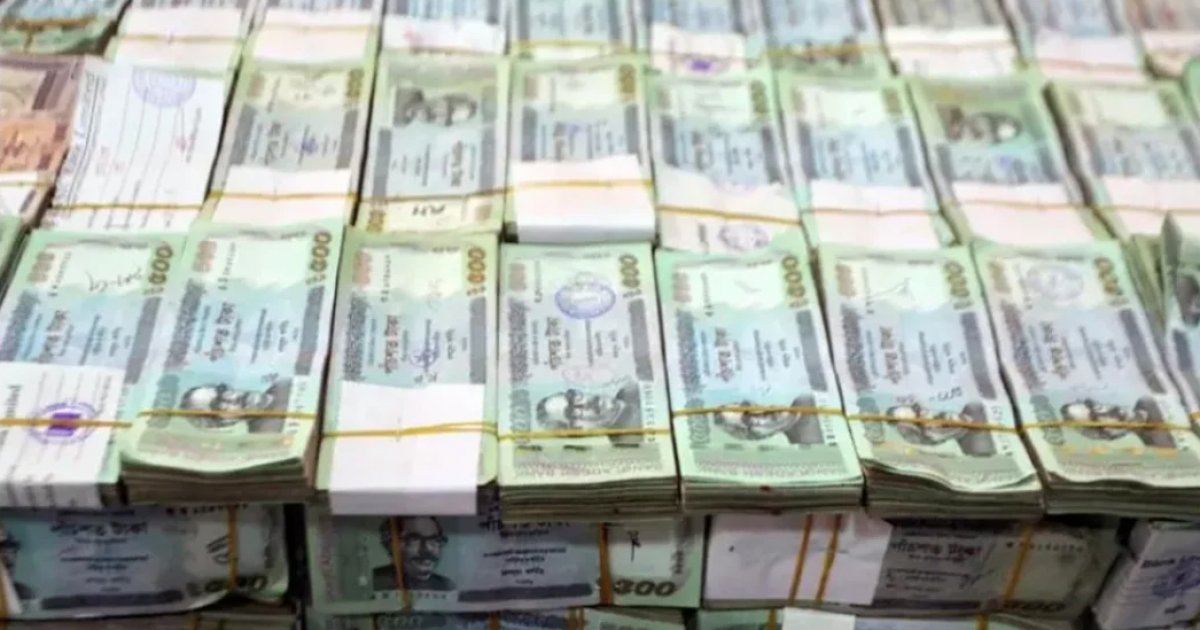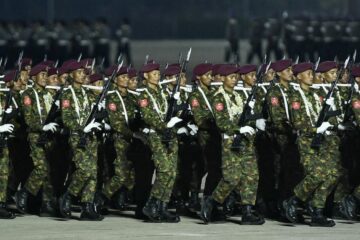At least three advisers to the interim government on Monday were in favor of reducing the policy interest rate of Bangladesh Bank from 10%.
According to them, the high policy interest rate has increased the interest rate on loans in the banking sector, which is severely reducing private sector credit growth.
Finance Adviser Salehuddin Ahmed, Planning Adviser Wahiduddin Mahmud, and Commerce Adviser Sk Bashir Uddin expressed this opinion at a virtual meeting of the Coordination Council on Monetary, Currency and Exchange Rates.
Manzur Hossain, member of the General Economics Division of the Planning Commission, also spoke strongly in favor of reducing the policy interest rate at the meeting.
However, Bangladesh Bank Governor Ahsan H Mansur said: “The time has not yet come to reduce the policy interest rate. If the government reduces borrowing from the banking sector, the private sector will get the opportunity to borrow more.”
He also advised to control government spending.
The policy interest rate or repo rate is the rate at which Bangladesh Bank provides short-term loans to commercial banks.
It is used as an important monetary policy tool to control inflation worldwide.
Currently, this rate is 10%, which adds to the average interest rate on bank loans reaching 13%-15%.
According to Bangladesh Bank data, credit growth in the private sector fell to 6.35% in August 2025—the lowest in the last 22 years.
The meeting was chaired by Finance Adviser Salehuddin Ahmed.
Special assistant to the chief adviser Anisuzzaman Chowdhury, Finance Secretary Md Khairuzzaman Majumder, NBR chairman Md Abdur Rahman Khan, Financial Institutions Division Secretary Nazma Mobarek, and Commerce Secretary Mahbubur Rahman were present.
The meeting also discussed the revised budget for the current fiscal year. It is learned that the initial decision has been made to reduce the GDP growth target for the 2025-26 fiscal year from 5.5% to 5%.
At the same time, the inflation target is being increased from 6.5% to 7%.
The International Monetary Fund (IMF) had earlier said that Bangladesh’s growth in the current fiscal year will be 4.9%. The World Bank and ADB have forecasted growth of 4.8% and 5% respectively.
However, the IMF’s estimate of inflation is much higher than the government’s 8.8%.
On the other hand, the World Bank has forecast inflation of 7.4% and ADB has forecast inflation of 8%.
Budget size to decrease
According to meeting sources, it has been decided to reduce the size of the revised budget for the current fiscal year by Tk20,000 crore.
In this, the total size of the budget will come down from Tk790,000 crore to Tk770,000 crore.
At the same time, preliminary discussions were also held on the budget for the 2026-27 fiscal year.
It is estimated that the size of the next budget will be about Tk100,000 crore more than the revised budget.
According to the three advisers, to sustain private investment and employment, it is the need of the hour to reduce the policy interest rate to a reasonable level.
However, according to the governor, reducing interest rates until inflation is fully under control will be a risky decision.



